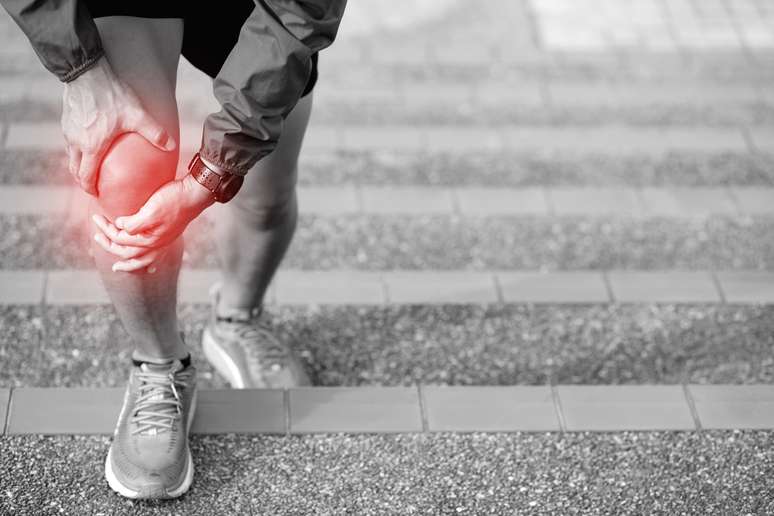Crazy diets and overtraining can have long-term consequences
Every end of the year it’s the same thing: gyms and parks are crowded, with people trying to lose fat or gain muscle mass at any cost.
The problem is that good form is achieved over time. Here are some of the consequences of overdoing workouts or weight-loss diets without adequate monitoring:
Injuries
This is one of the most common side effects of those who exercise excessively, or without proper guidance. An injury can be caused by overexertion, as well as trauma, fatigue, overstretching, lack of warm-up, or even dehydration.
According to orthopedist Marcos Cortelazo, specialist in knee and sports traumatology, muscle pain and strains are the most common injuries.
“Muscle pain is more common in activities that involve repetitive and strength efforts such as weight training and Crossfit; injuries, tears or strains are found more frequently in activities such as football, volleyball and basketball, running , among others”, explains the doctor. .
Excessive training combined with a lack of rest constitutes a condition known as “overtraining,” which can cause more than just pain and fatigue.
“Overtraining leads to an exaggerated release of cortisol, which promotes muscle damage and intense muscle fatigue,” says endocrinologist Deborah Beranger, a graduate of the Santa Casa de Misericórdia in Rio de Janeiro. Symptoms include loss of performance, insomnia, difficulty getting a good night’s sleep, headaches, loss of appetite and mood changes, among others.
Food problems
Another risk faced by those who adopt crazy diets to lose weight quickly are eating disorders, such as orthorexia, vigoroxia, bulimia, binge eating and anorexia.
“These restrictive diets can cause serious imbalances in the body, ranging from the hormones responsible for regulating energy balance, associated with emotional disorders and lack of control over food intake,” says nutritionist Marcella Garcez, director of the Association Brazilian Nutrology (Abran). When this happens intensely and frequently, eating disorders appear.
Balance is the key
“Dietary re-education is an important step towards weight loss and muscle gain, as it leads individuals to change habits and maintain them for life, based on each person’s biochemical, cultural and emotional individuality”, recommends Marcella.
To avoid overtraining, it is important that the practice is guided by a professional, so that there is adequate muscle strengthening for the activity, in addition to respecting rest days, hydration and nutrition.
Source: Terra
Ben Stock is a lifestyle journalist and author at Gossipify. He writes about topics such as health, wellness, travel, food and home decor. He provides practical advice and inspiration to improve well-being, keeps readers up to date with latest lifestyle news and trends, known for his engaging writing style, in-depth analysis and unique perspectives.





![A more beautiful life in advance: Vanessa and Silvi are ready to do everything to save sweat … [SPOILERS] A more beautiful life in advance: Vanessa and Silvi are ready to do everything to save sweat … [SPOILERS]](https://fr.web.img3.acsta.net/img/7f/38/7f38f0ec1b303b1d818aa5e477af477f.jpg)

